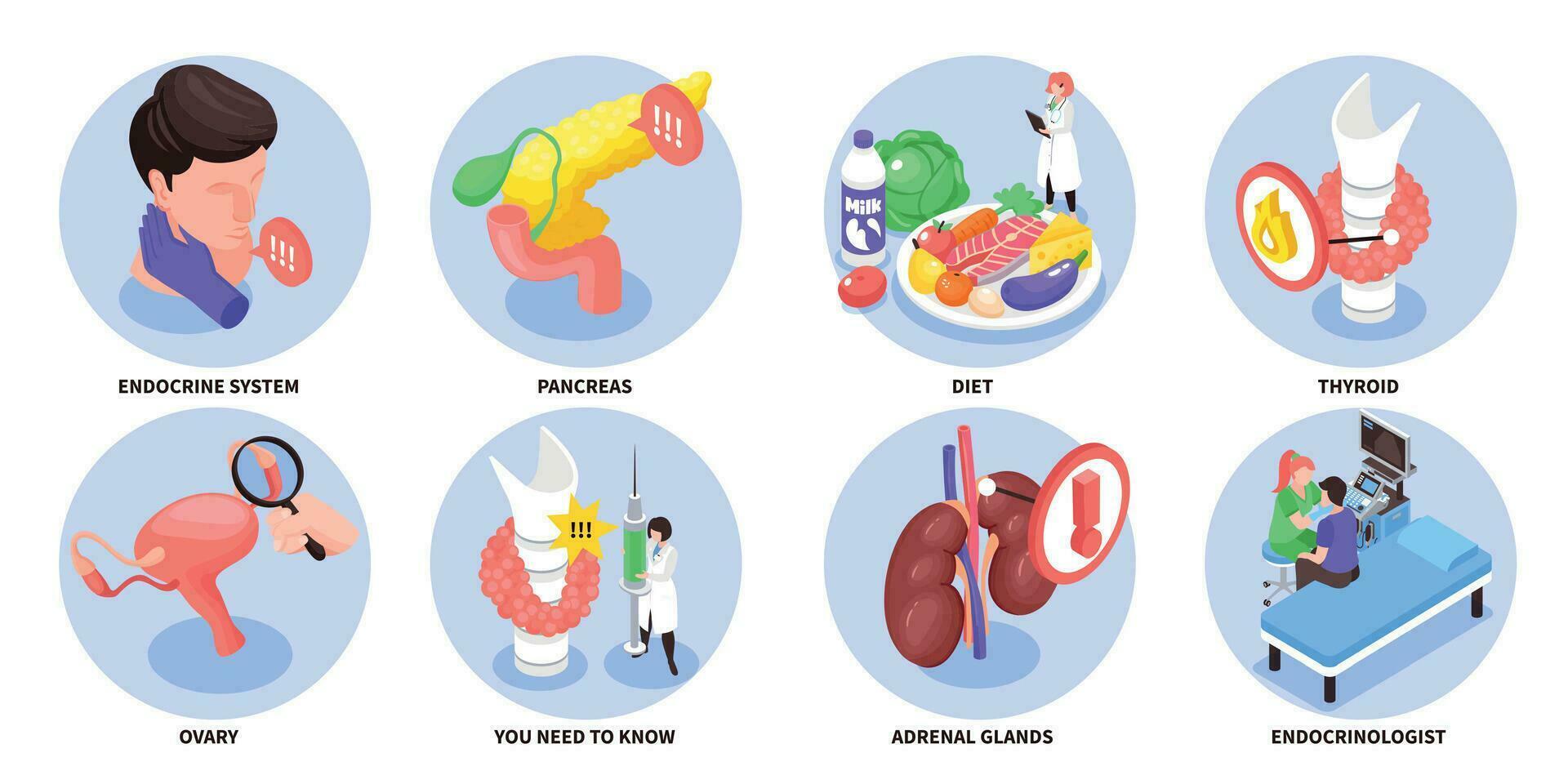Best Endocrinologist Near Me: Finding Top Medical Specialists
Wiki Article
The Scientific Research Behind Hormonal Agent Regulation: Insights From an Endocrinologist
The Scientific Research Behind Hormonal Agent Regulation: Insights From an Endocrinologist provides a detailed expedition of the intricate processes included in hormonal agent law. Created by an experienced endocrinologist, this insightful guide explores the remarkable globe of hormonal agents and their important function in preserving physical features. From the principles of hormonal agent manufacturing to the facility responses loopholes that regulate their launch, this publication provides a precise evaluation of the systems at play. Furthermore, it checks out the different aspects that can interrupt hormone balance and provides important insights into how these imbalances can be diagnosed and treated. Whether you are a physician looking for a much deeper understanding of endocrine function or a private curious about learning more about the science behind hormone regulation, this book is a very useful source.Hormonal Agents and Their Functions
Hormonal agents play essential functions in the policy and coordination of different physiological procedures within the body. These chemical messengers are generated by endocrine glands and are released right into the blood stream, where they travel to target cells or body organs to exert their results. The functions of hormonal agents vary and incorporate nearly every aspect of human physiology.Among the primary features of hormones is to preserve homeostasis, which is the stable inner environment needed for the body to function ideally. As an example, insulin, a hormonal agent produced by the pancreas, manages blood sugar degrees by promoting the uptake and storage space of sugar in cells. One more hormonal agent, cortisol, helps the body react to stress by boosting blood sugar degrees and suppressing the immune system.
Hormonal agents additionally play important duties in growth and advancement. Development hormonal agent, produced by the pituitary gland, promotes the development of tissues and bones, while thyroid hormones manage metabolism and influence the advancement of the nerve system - Endocrinologist. Furthermore, reproductive hormones, such as estrogen and testosterone, are accountable for the growth and upkeep of secondary sexual qualities and the guideline of the menstruation cycle
The Endocrine System: A Review
Playing an important function in the law and coordination of physical procedures, the endocrine system is a complex network of glands that create and release hormonal agents right into the blood stream. These glands, consisting of the hypothalamus, pituitary gland, thyroid gland, adrenal glands, pancreatic, ovaries, and testes, produce hormonal agents that work as chemical carriers, affecting different bodily functions. The endocrine system works in conjunction with the nerves to keep and regulate homeostasis, making certain that the body's inner setting stays steady.It creates hormones that hinder the release or stimulate of hormonal agents from the pituitary gland, which in turn manages the activity of other endocrine glands. The thyroid gland, situated in the neck, creates hormones that manage metabolic process and power balance.

Policy of Hormone Manufacturing
The policy of hormone manufacturing includes a complex interaction between various glands and responses systems within the endocrine system. Hormones are chemical carriers that play an important role in keeping homeostasis and collaborating various physical processes in the body. The manufacturing of hormones is securely controlled to make certain the appropriate performance of the endocrine system.The hypothalamus, located in the mind, serves as a key regulatory authority of hormonal agent production. It launches hormones that prevent the production or boost of hormones by the pituitary gland, which is often described as the "master gland" of the endocrine system. The pituitary gland, in turn, generates hormones that act on numerous target glands throughout the body, stimulating them to generate and release particular hormonal agents.
Comments devices also play a crucial duty in hormone guideline. There are two sorts of responses mechanisms: negative comments and favorable feedback. Unfavorable responses aids maintain hormone degrees within a slim range. When hormone levels increase over or drop below the optimal variety, the body activates devices to either decrease or boost hormone manufacturing, specifically, to recover balance. Positive comments, on the various other hand, amplifies the production of hormones in action to particular stimulations, such as giving birth.
Responses Loops in Hormonal Agent Law
Responses loopholes play a critical duty in the law of hormonal agent production. These loops involve a collection of communications between the endocrine glands, hormones, and target body organs to keep homeostasis in the body. There are 2 kinds of feedback loopholes: adverse responses and positive feedback.When hormonal agent degrees climb over a particular limit, the hypothalamus in the mind weblink signifies the pituitary gland to lower hormone manufacturing. On the other hand, when hormone levels go down below the limit, the hypothalamus stimulates the pituitary gland to boost hormone production, recovering balance.
Favorable responses loops, on the various other hand, amplify hormonal agent manufacturing. This happens when a hormonal agent stimulates the release of even more of the same hormone, bring about a rapid boost in its degrees. Positive feedback loops this hyperlink are much less usual in hormone policy and are normally entailed in specific physiological processes, such as giving birth and lactation.
Variables Affecting Hormone Equilibrium
Elements affecting hormonal agent equilibrium include dietary choices, way of life routines, and ecological direct exposures. These variables can have a substantial influence on the delicate balance of hormones in the body, affecting various physiological processes and overall health.Dietary choices play a vital duty in hormonal agent guideline. Eating a well balanced diet plan that includes a range of nutrients is vital for preserving hormone balance. Certain nutrients, such as omega-3 fats, vitamins, and minerals, are specifically vital for optimum hormonal agent function. On the other hand, a diet high in refined foods, improved sugars, and undesirable fats can interrupt hormone degrees and bring about discrepancies.
Way of living routines, such as exercise, rest patterns, and stress and anxiety administration, likewise influence hormone balance. Routine physical activity aids regulate hormone degrees, promotes total health, and decreases the risk of hormone disorders. Ample rest is important for hormone manufacturing and regulation, as interfered with sleep patterns can bring about discrepancies. Additionally, persistent stress can dysregulate the hypothalamic-pituitary-adrenal (HPA) axis, a principal in hormonal agent policy, bring about a cascade of see here hormone imbalances.

Conclusion
To conclude, recognizing the science behind hormone guideline is essential for preserving total wellness and well-being. Hormones play vital duties in various bodily features, and their manufacturing is managed by complex feedback loops. Aspects such as way of living, diet regimen, and stress and anxiety selections can affect hormonal agent equilibrium. By examining and understanding these systems, we can much better comprehend and handle hormone-related conditions, eventually resulting in improved health outcomes.The Science Behind Hormonal Agent Regulation: Insights From an Endocrinologist supplies a comprehensive expedition of the elaborate procedures included in hormone guideline. It produces hormonal agents that promote or hinder the release of hormones from the pituitary gland, which in turn manages the activity of other endocrine glands. It launches hormones that boost or inhibit the manufacturing of hormones by the pituitary gland, which is usually referred to as the "master gland" of the endocrine system. The pituitary gland, in turn, produces hormonal agents that act on various target glands throughout the body, promoting them to generate and release certain hormonal agents.
When hormone levels climb above a specific limit, the hypothalamus in the brain indicates the pituitary gland to lower hormonal agent production. (endocrinologist in liberty hill)
Report this wiki page